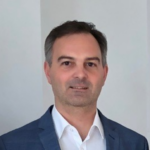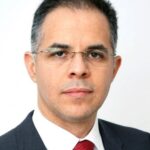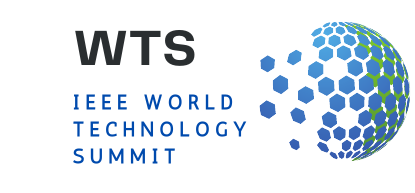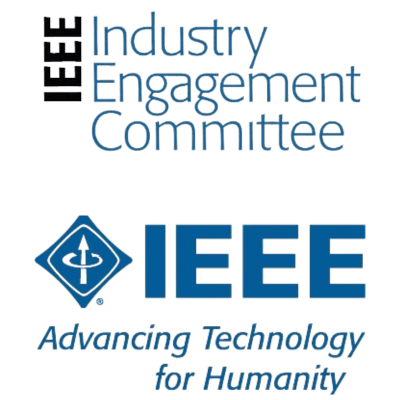2025 IEEE WTS Speaker Lineup
To view details of the speakers and their presentations, click on their names.
More speakers will be listed here shortly!

Vice President, Vehicle System Engineering

Amazon Web Services, Michigan

Athos Silicon, California, US

Robert Bosch GmbH, Germany

Cadence Design Systems, Germany
© Copyright 2025 IEEE – All rights reserved.

